
In the Bhagavad-gita’s first chapter, Arjuna fears that the impending fratricidal war will precipitate dystopia in society (01.39-40). If the assembled leaders of various dynasties are killed, society will fall into chaos, corruption and criminality.
While the specific ways such a dystopia may unfold can vary according to time-place-circumstance, the aftermath of many major wars in world history can demonstrate the broad trajectory outlined by Arjuna. When the protectors of society die in war, state systems for the welfare of citizens will collapse. Predators will prey upon society’s vulnerable sections, especially women. Due to such predation, children will be born out of the protecting, nurturing bond of marriage. These children may not receive proper care or culture. On growing up, many of these untrained children may cause, intentionally or unintentionally, further social disintegration. Thus, the disastrous ripple-effects of war mayl extend over several generations.
Arjuna’s words reveal his acute awareness of the consequentiality of his actions as a warrior — and his deep concern to do the right thing.
While Arjuna’s fears needed to be considered, how they might materialize needed greater contemplation. Krishna responds to them in the third chapter (03.20-24) by asserting that dystopia would materialize if he didn’t fight — not if he fought. If he didn’t fight, he would be effectively giving a free reign to Duryodhana to exploit society. Even if Duryodhana didn’t turn downright evil due to Arjuna’s deterring presence, what would happen after Arjuna departed from the world? Future generations would know only that Duryodhana got away scot-free despite committing many atrocities. That would impel future Duryodhana-like leaders to become manipulative and exploitative like him or even worse than him. And Arjuna’s choice of inaction would set a wrong example of passivity in the face of atrocity for future protectors of society. That’s how society would sink into dystopia.
One-sentence summary:
Arjuna’s fear of a social dystopia shows that he is aware of how consequential his actions will be.
Think it over:
- How does Arjuna envision dystopia resulting from war?
- What do Arjuna’s words tell us about him?
- How does Krishna address Arjuna’s fears?
***
01.39: With the destruction of the dynasty, the eternal family tradition is vanquished, and thus the rest of the family becomes involved in irreligion.
To know more about this verse, please click on the image

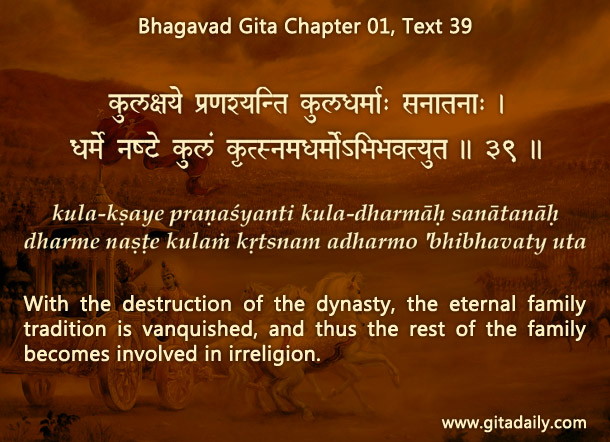

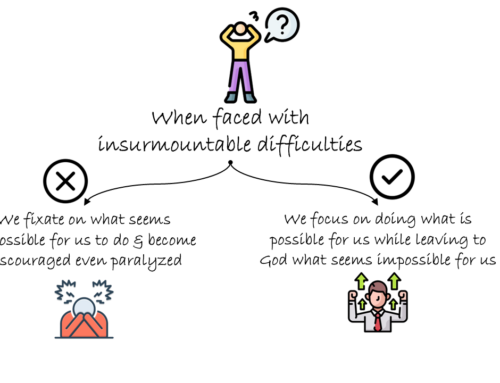

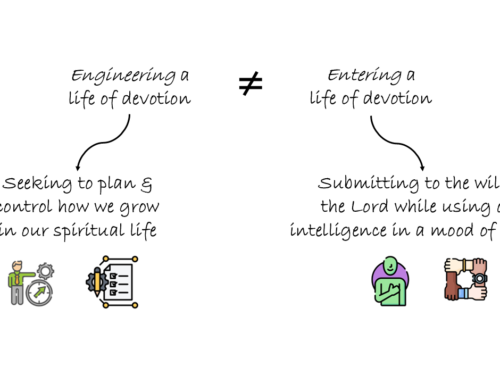

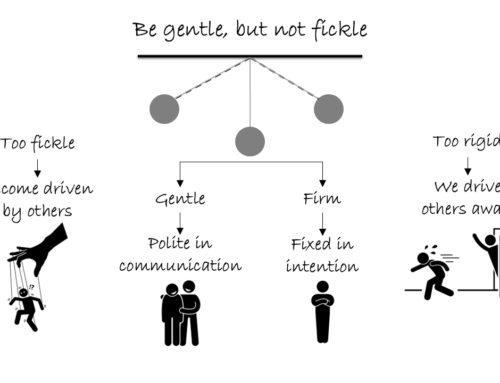
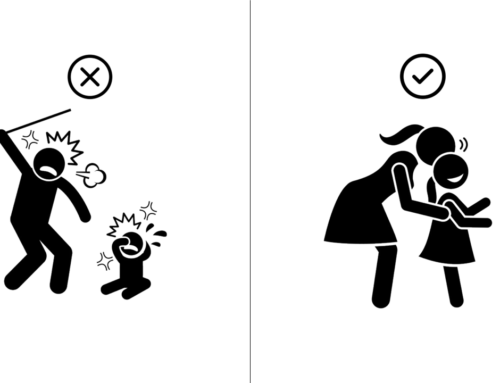
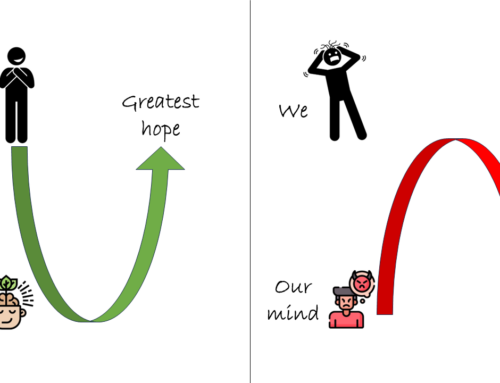

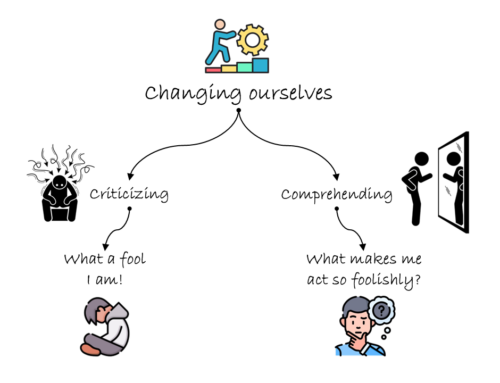
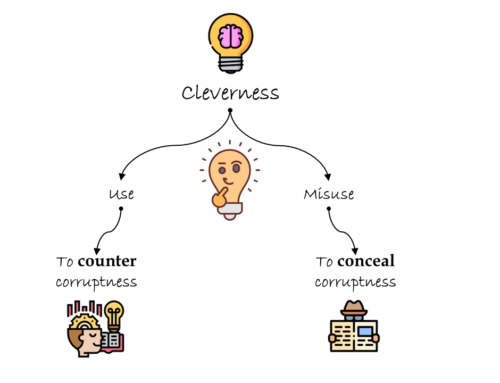
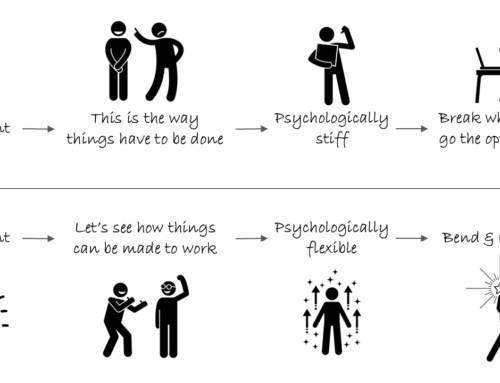
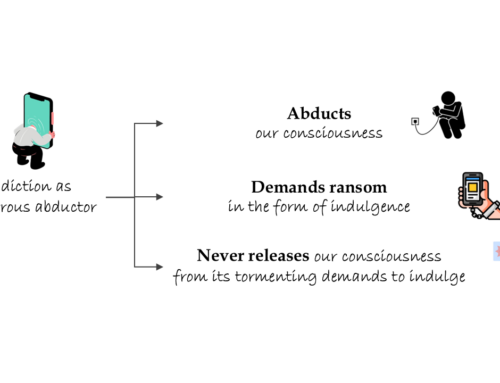
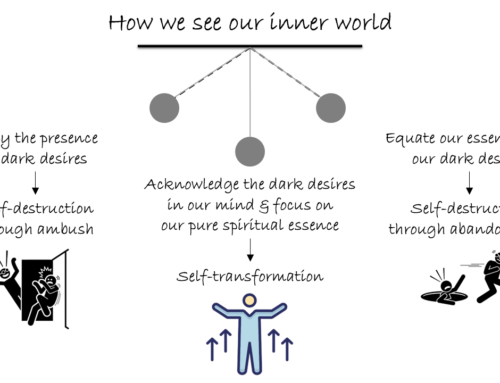
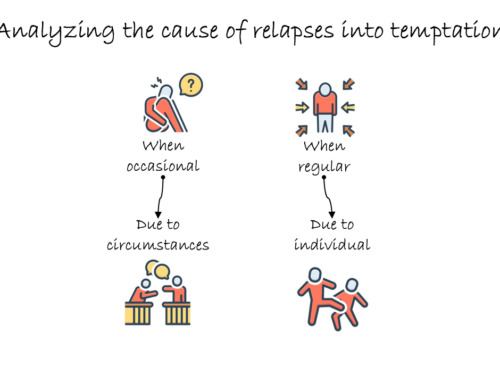
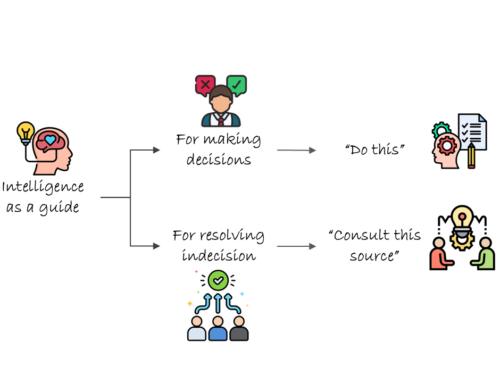
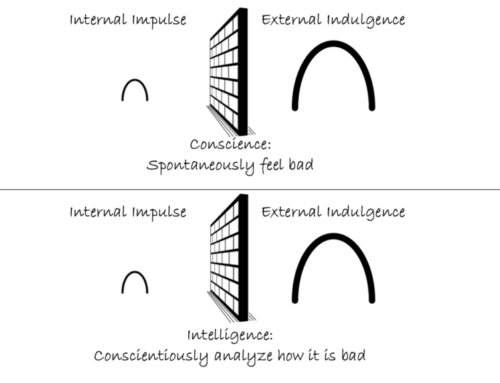
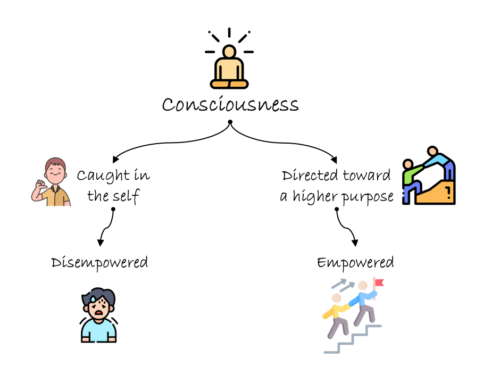
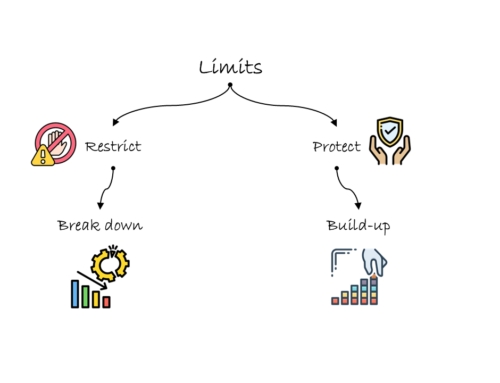
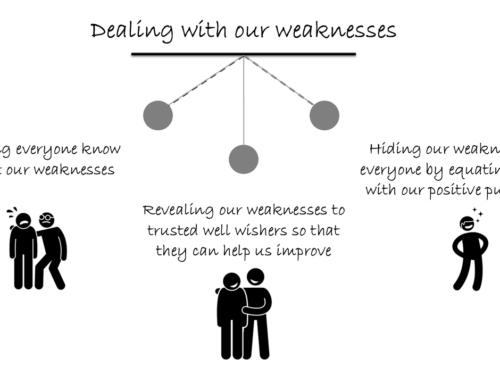
Hare Krishna,
PAMHO,
Dear Chaitanya Charan prabhu, I feel slightly drunk by this Gita Daily post – there are many personal elements related to this verse. Yes.
I read section BG (03.20-24), it is nicely explained.
Yugoslavia, the state I was born in was constituted in the midst of a WW2 and it was deconstructed in e terrible war also.
Neither our families had a chance to process some things, nor do we, their children. Yet, the challenge is here.
I need some time to digest this post in a proper light. It is very personal.
Ys,
I understand; scripture often offers us a mirror to see the world.
consequences causes worry